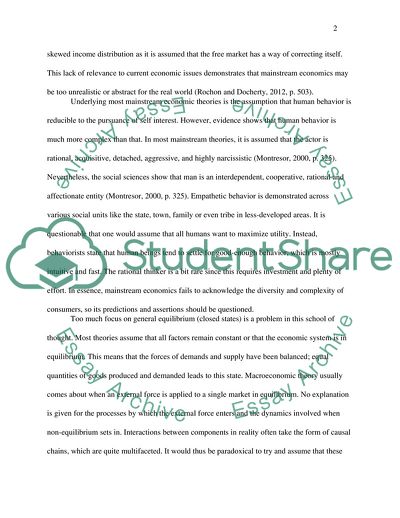Cite this document
(BEYOND MARKETS: Critical Approaches to Economics Essay - 1, n.d.)
BEYOND MARKETS: Critical Approaches to Economics Essay - 1. https://studentshare.org/macro-microeconomics/1854404-beyond-markets-critical-approaches-to-economics
BEYOND MARKETS: Critical Approaches to Economics Essay - 1. https://studentshare.org/macro-microeconomics/1854404-beyond-markets-critical-approaches-to-economics
(BEYOND MARKETS: Critical Approaches to Economics Essay - 1)
BEYOND MARKETS: Critical Approaches to Economics Essay - 1. https://studentshare.org/macro-microeconomics/1854404-beyond-markets-critical-approaches-to-economics.
BEYOND MARKETS: Critical Approaches to Economics Essay - 1. https://studentshare.org/macro-microeconomics/1854404-beyond-markets-critical-approaches-to-economics.
“BEYOND MARKETS: Critical Approaches to Economics Essay - 1”. https://studentshare.org/macro-microeconomics/1854404-beyond-markets-critical-approaches-to-economics.


